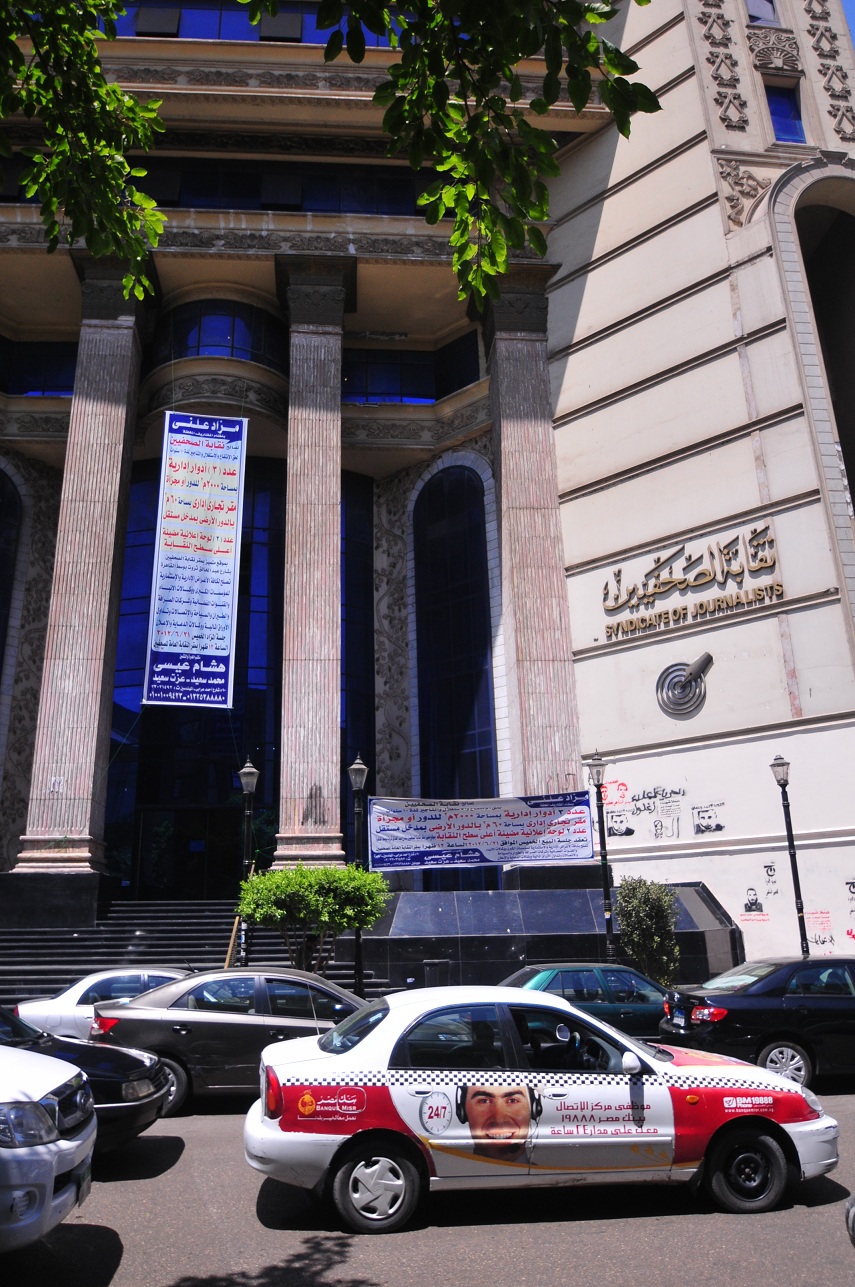CAIRO: Since the dollar and the Egyptian pound parted ways five years ago, they’ve had their differences – but few as glaring as now.
Propelled by economic malaise in the United States, a gush of foreign cash into Egypt and growing profits from tourism and exports, the dollar sunk to LE 5.38 yesterday, its nadir since Cairo severed the state-enforced link between the two currencies over five years ago.
Analysts say the dollar could fall as low as LE 5.3 over the next two to ten months, loosening the increasingly shaky bond between the currencies, widening Egypt’s trade deficit with the US and harming export-dependent industries like textiles and steel.
“All of the industry people are talking about LE 5.3 being the final depreciation, Magdy Sobhi, an economist at the Al-Ahram Center for Political and Strategic Studies, told Daily News Egypt. Any weaker than that and it could dent local exporters’ returns, he said, prompting the Central Bank of Egypt (CBE) to intervene.
While the consensus among businesspeople does not necessarily reflect the official stance of the central bank, it could sway its decision on if and when to step in, he said.
Reham El Desoki, senior economist at Beltone Financial, said it is hard to predict when the pound’s appreciation will halt. “It depends on the dollar’s strength abroad, she said. “Nobody really knows how low it’s going to go.
She added that demand for foreign currency in Egypt is low this time of year. As tourists come and go throughout the summer, a spike in demand could slow the dollar’s slide. “At this point it’s really a matter of demand and supply, she said.
The state floated the pound in January 2003 following a long tie to the dollar. A huge drop in the pound’s official value came soon after, as the dollar soared from LE 4.82 to LE 6.13 over the following year.
“Before that you had the black market determining the exchange rate day-by-day, said Sobhi. “The bank was actually following them because they didn’t have enough dollars to control the market.
The depreciation kept up until the incoming government set about harnessing it through monetary controls in 2004, he said.
While the pound has remained nominally free, it has stayed closely tied to the dollar, with the rate hovering around LE 5.8 per dollar until dropping to about LE 5.55 in the second half of last year.
The pound is still valued against major currencies largely on the basis of its relation to the dollar, but the recent drop is calling this historic bond into question.
The ratio of U.S. currency in the CBE has fallen since late 2006, El Desoki said. Though the central bank will not confirm the exact figure, she said dollars could comprise as little as 40 percent of the reserves, down from over half in previous years.
“It’s starting to change a bit, she said of the bond between the dollar and the pound. “It’s not as strong as before.
Meanwhile, the pound continued to fall against most other major currencies. The euro continued its ascent yesterday, closing around LE 8.61; the Chinese yuan rose to LE 0.77, up from LE 0.74 last year.
“You have two stories here: the pound against the dollar and the dollar against other currencies, said Sobhi. “If you have a depreciation of the dollar, the pound depreciates automatically against other currencies.
Among the clearest concerns of the dollar’s freefall is the chance of a widening trade deficit with the US as Egyptian goods become pricier for Americans and the costs of cross-Atlantic imports to Egypt fall.
“Of course you will have some problems exporting to the US, Sobhi said. “We already have a deficit in the trade balance, but it could be much higher.
Egypt has generally run a deficit with the US, its largest trade partner if the European Union is not counted as a single entity. Egyptian imports from the US exceeded exports by about $2.97 billion in 2007, according to the US trade statistics. The deficit for the first two months of 2008 has so far reached about $640 million.
According to American Chamber of Commerce research, textiles and clothes made up about a third of Egyptian exports to the US in 2006, many from qualified industrial zones (QIZ), which benefit from reduced tariffs to American markets; petroleum and related energy goods made up over 40 percent; and iron and steel comprised 14 percent. Another worry catalyzed
by the pound’s appreciation is a possible slowdown of foreign investment to Egypt, as Americans in particular get less for their money here.
Sobhi said he does not think that any losses will be substantial. Other factors, like petrodollar-gorged Gulf funds eager for investment, will offset any losses.
“They are searching for an outlet for their money, he said. The exchange rate is not the decisive factor in foreign investment.


